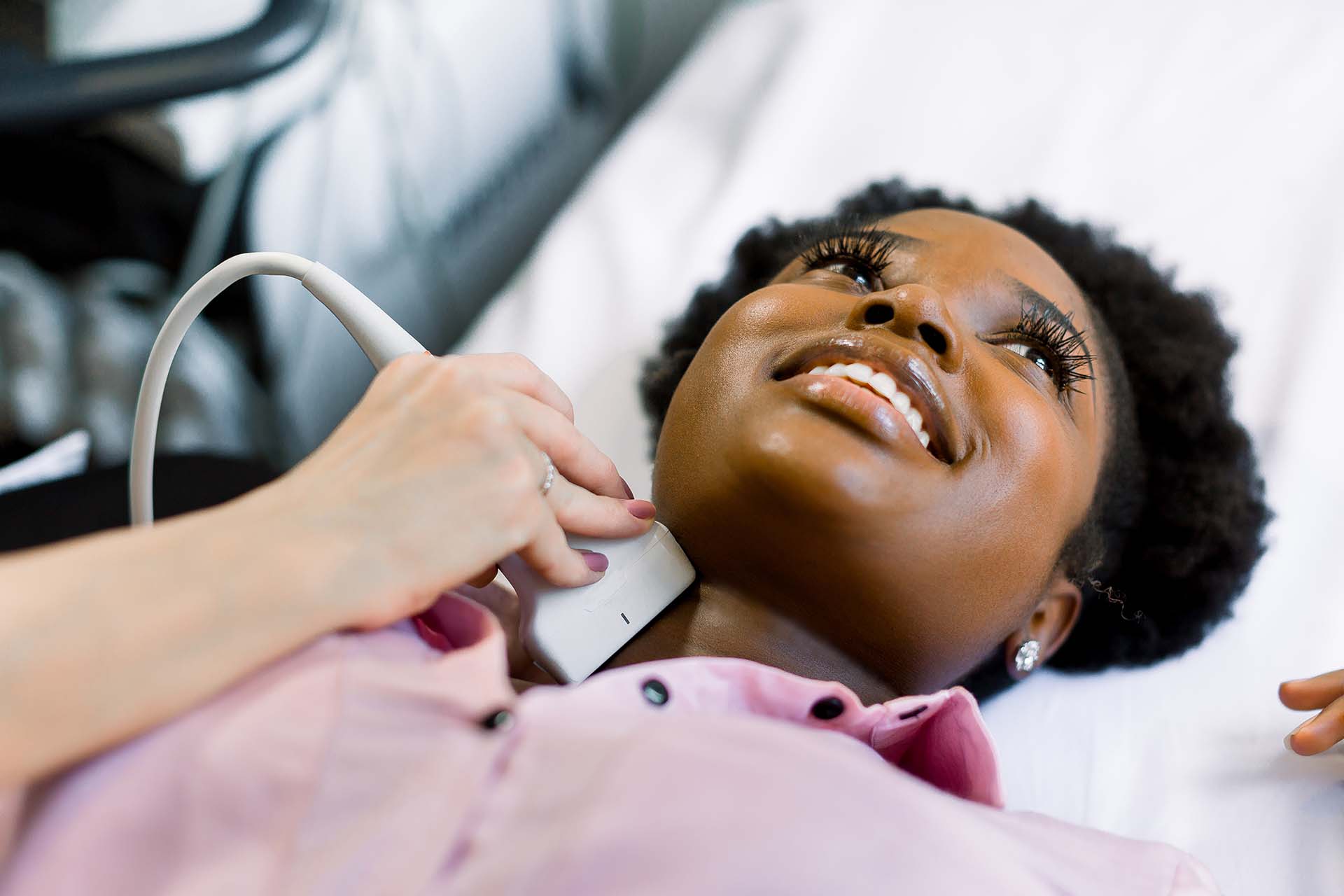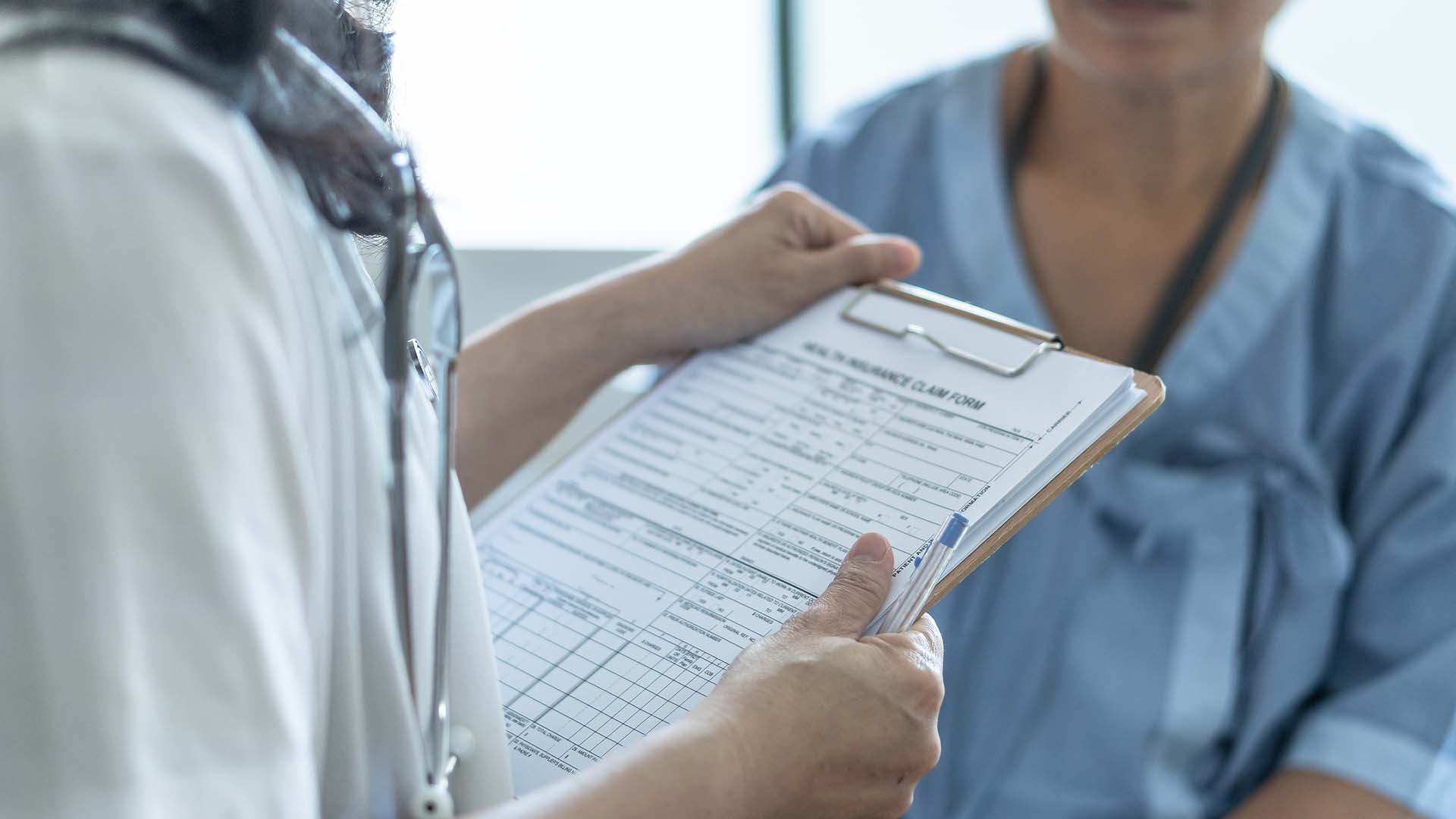The American Thyroid Association estimates that nearly 20 million Americans have some underlying thyroid issues and 1 in 8 females will develop a thyroid problem during her lifetime.1 Unfortunately, there is no sure-fire way to prevent thyroid disease, although there are multiple lifestyle choices one can make to lower your risk. We will discuss the steps you can take to improve your thyroid’s health and detect a thyroid problem early.
Watch Out Your Iodine Consumption
Iodine is an element essential to the production of thyroid hormone. The body is unable to produce iodine, and thus, it is necessary to obtain an adequate amount of iodine in your diet daily. According to the Institute of Medicine, the recommended daily allowance (RDA) of iodine for an adult is 150 micrograms. One easy step to ensure you are getting enough iodine in your diet is to make sure your table salt is iodized salt with 250 micrograms of iodine per teaspoon2. However, too much iodine can be detrimental to thyroid health3, and it is vital to monitor the iodine content in any supplement/vitamin.
Selenium is Also Essential
Other than iodine, selenium is also a critical mineral in the production of thyroid hormone, and its supplementation has been shown beneficial in the treatment of various thyroid diseases4. Luckily, selenium deficiency is relatively rare in the United States due to selenium-rich soil and can be found in numerous foods such as eggs, bread, cereals, and poultry. The RDA for selenium is 55 micrograms and is widely found in multiple over-the-counter multivitamins. If you wish to take a supplement, the organic form of selenium is more effectively absorbed by the body5.
Try a New Diet
There is no particular food or supplement that can prevent the development of thyroid diseases. The best recipe for a healthy thyroid is to eat a well-balanced diet and avoid extremes in the diet. Eating a diet containing various fruits, vegetables, nuts, dairy products, and whole grains will provide the building blocks for healthy thyroid function. Those following a vegan diet or who eat very few or no dairy products, seafood, or eggs may be at risk of iodine deficiency and may wish to consider a supplement3.
Certain foods have been identified as goitrogens. Goitrogens are foods designated to interfere with the body’s use of iodine. These include soy proteins and cruciferous vegetables such as broccoli, cauliflower, cabbage, and Brussel sprouts. However, these foods only pose a risk in those already deficient in iodine and consume the goitrogens in high quantities. As long as the adage of “everything in moderation” is observed, these foods pose a low risk to the average American3.

No More Smoking
Cigarette smoke contains numerous chemicals, including thiocyanates, which have been shown to inhibit thyroid function and cause the thyroid gland’s enlargement. Smoking has also been correlated with an increased risk of thyroid eye disease in patients diagnosed with Graves’ disease. However, the evidence is less clear on the real detrimental effect smoking can have on the thyroid. One study by Carlé A et al., showed no correlation between the development of thyroid disease and current smoking. However, it did see an association of autoimmune hypothyroidism shortly after smoking cessation.6 Despite this evidence, smoking cessation’s health benefits make it an overwhelmingly positive step in improving overall health.
Wear a Thyroid Collar
X-rays and CAT scans are commonly performed procedures in medicine and expose patients to radiation. Although these tests are needed to diagnose and treat conditions, the thyroid gland is particularly susceptible to radiation damage, and precautions should be taken to protect your thyroid. One easy step is to ask to wear a thyroid collar during these procedures to reduce radiation exposure7.
The procedure should be performed by a surgeon or a radiologist experienced with thyroid US, Fine Needle Aspiration (FNA), and RFA. Before the procedure, patients will receive local anesthesia (1-2% lidocaine hydrochloride) at the puncture site. Some surgeons prefer to perform RFA without general anesthesia for the early detection of complications. Following the treatment, patients should be kept under observation for 1-2 hours.
Routine Health Maintenance
The best step in detecting thyroid disease is by routinely performing thyroid self-checks. This can be easily achieved using a mirror and a glass of water in which you can observe enlargements or bumps in the thyroid gland that can indicate disease.

The thyroid is located just above the collar bone and below the voice box (larynx/Adams’ apple). By focusing on this area in front of a mirror with your head slightly tilted backward, one can observe bumps or protrusions while swallowing a sip of water. Next, palpate the area feeling for any unusual lumps. This easy but effective method can detect early disease and can be performed in the comfort of your own home.
Also, routine checkups with a healthcare professional can help detect subtle signs of thyroid disease. Suppose you have a family history of thyroid diseases, such as Graves’ disease or Hashimoto’s thyroiditis. In that case, it is vital to have regular follow-ups with your doctor as they will typically perform tests to monitor your thyroid hormone levels and the development of a thyroid problem.





2 Responses
I would like to know if I could see a chart on sizes of noduals that are cancers. I was just told I have stage 1 with my nodual was T a 1.8. Thank you
Hello Donna,
Thank you for your comment. I’d suggest you consult a thyroid specialist for your concern.
You can find one here at our “Physician Locator” at the top banner.
Thank you.